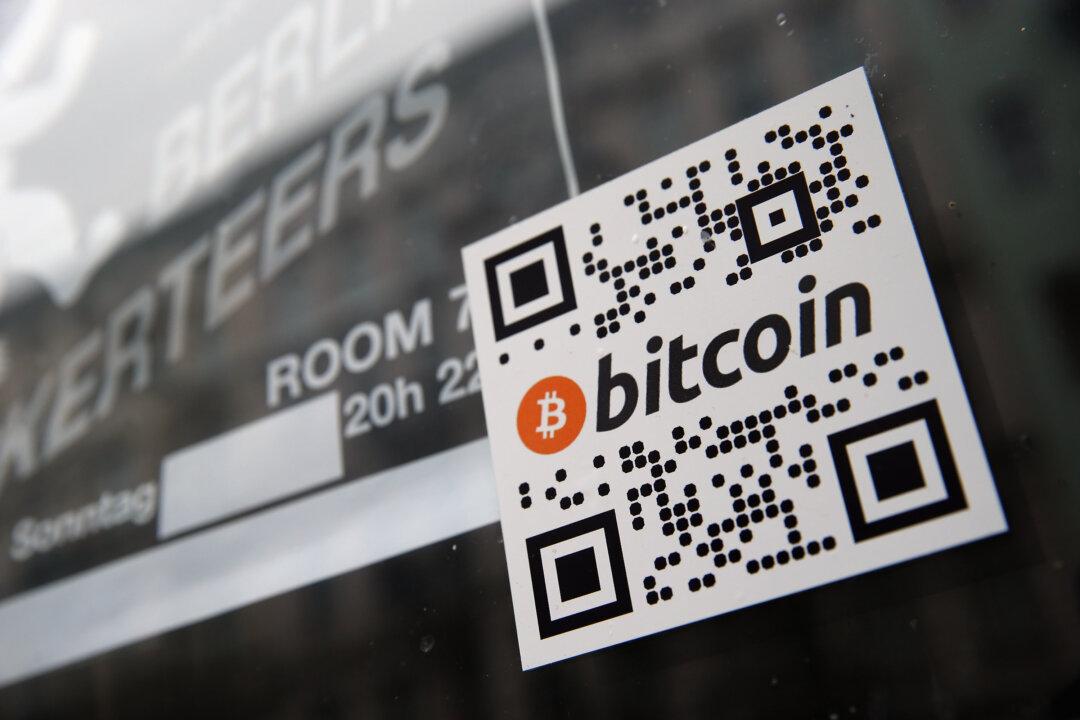As part of our comprehensive year-end coverage, Epoch Times editors have made a selection of stories that we believe are significantly changing the world. The stories are ranked from No. 20, having the least impact, to No. 1—our top pick.
Each story is based on a major news story of 2013 that will have lasting impact into 2014 and beyond. Check back daily as we countdown to Jan. 1st and our New Year.
At $13.30, only nerds paid attention to it. As the price approached $1,000 in the fall of this year, however, Washington and Wall Street recognized Bitcoin—and gave it their approval.
Regardless of whether it will close 2013 at $2,000 or $500, this year will be remembered as the year of the Bitcoin.
Bitcoin is an electronic form of currency, which is produced by computers solving mathematical problems. Its transactions are anonymous, unless your Internet service provider gives out your IP address. You can buy or sell bitcoins on online exchanges, such as Mt.Gox, and you can profit from that activity.
Finally, regulators in the U.S. gave Bitcoin their approval at a congressional hearing in November, seeing its “potential to promote more efficient global commerce.”
Last but not least, Wall Street chimed in, with Bank of America assigning it a fair value of $1,300.
But as the year turned to a close, the open and private nature of the crypto-currency led to problems in its most popular market—China. China’s banks are under orders not to accept it any longer. The popular Chinese search engine, Baidu, also stopped accepting payment in bitcoins for its services and the largest exchange in China BTCChina had to shut down.
Bitcoin has already won acceptance from private consumers and businesses that choose to use it out of their own volition. This trend is likely to continue in 2014.
The question for 2014 is whether regulators will promote it, like in the United States, or squash it, like in China. Either way, Bitcoin remains at the mercy of the people who still control the legal tender of the world.





